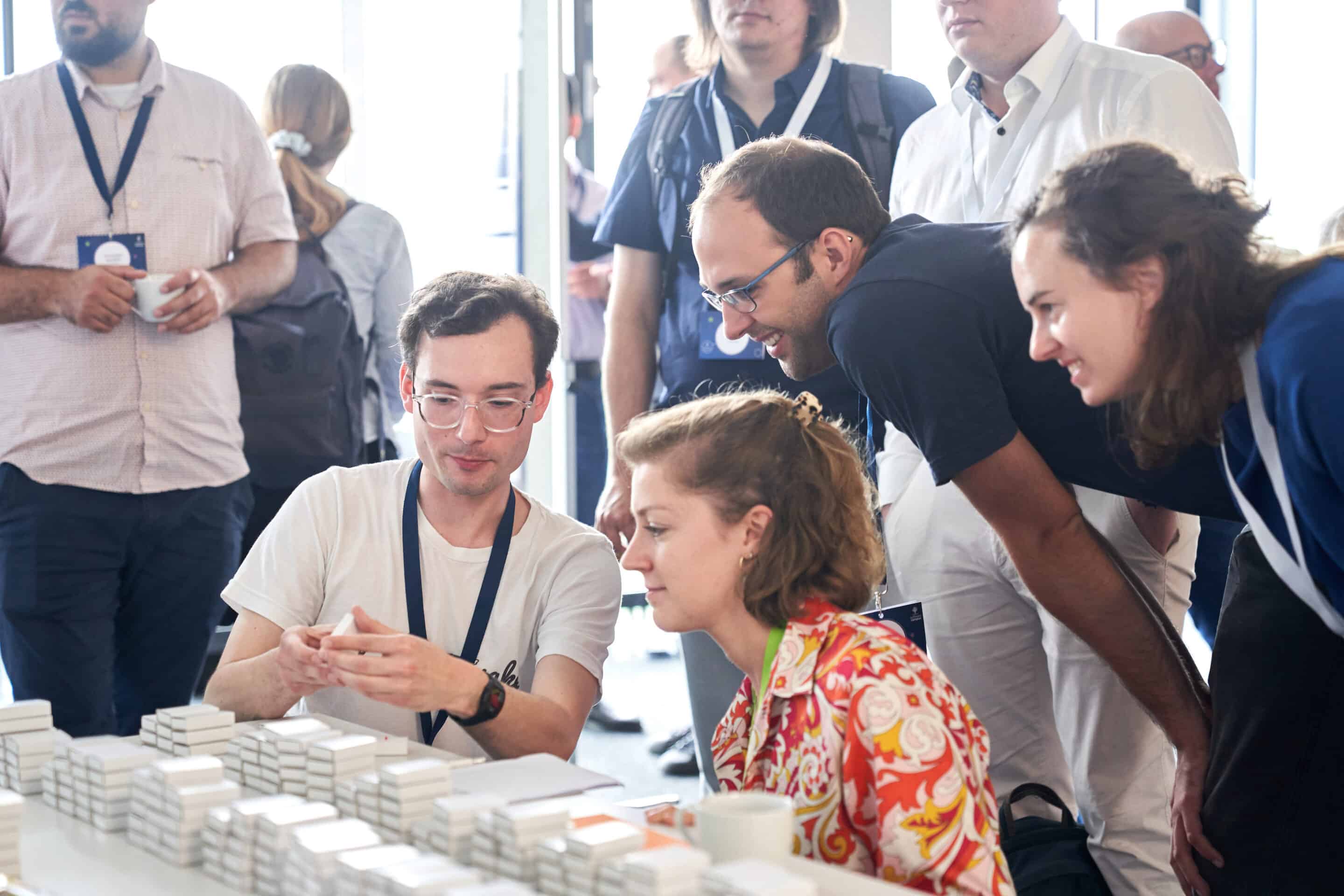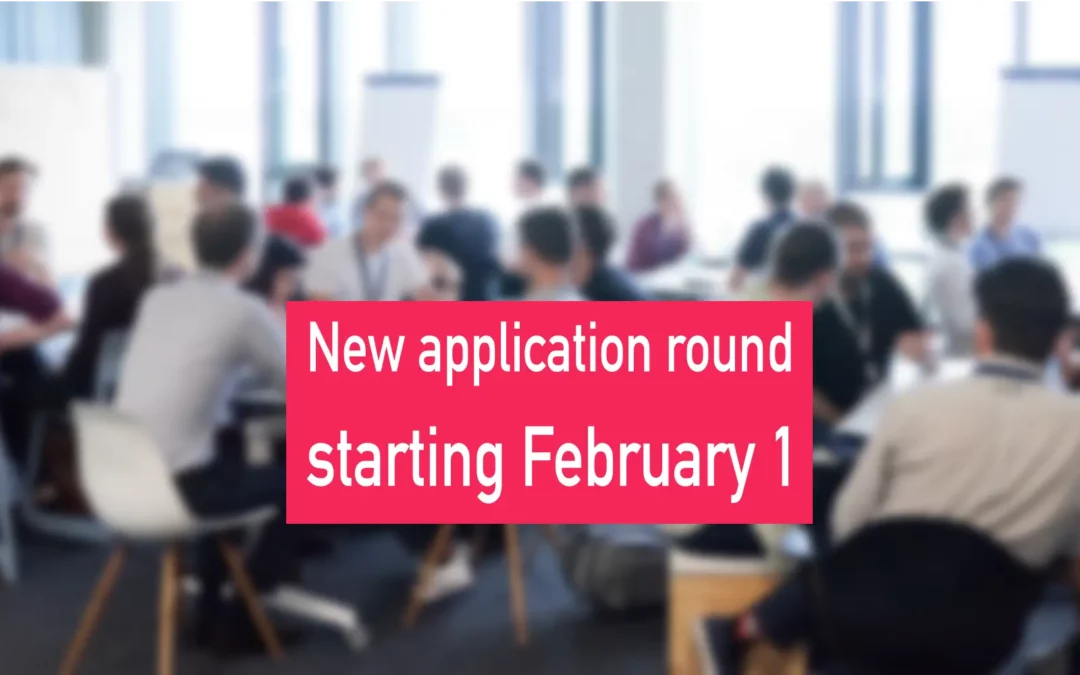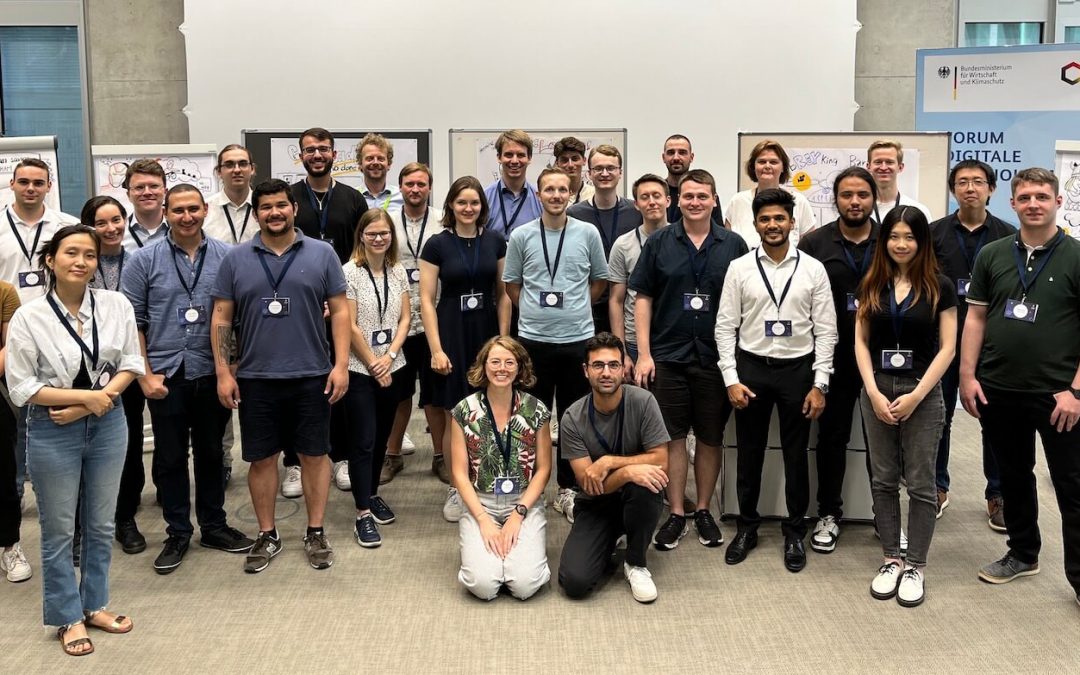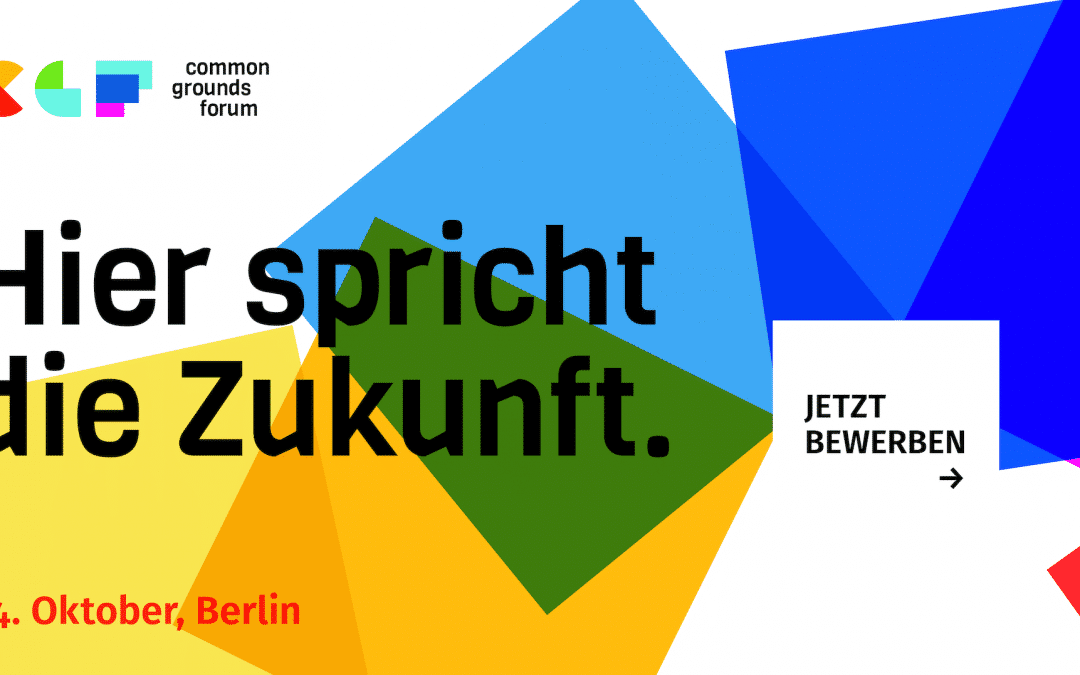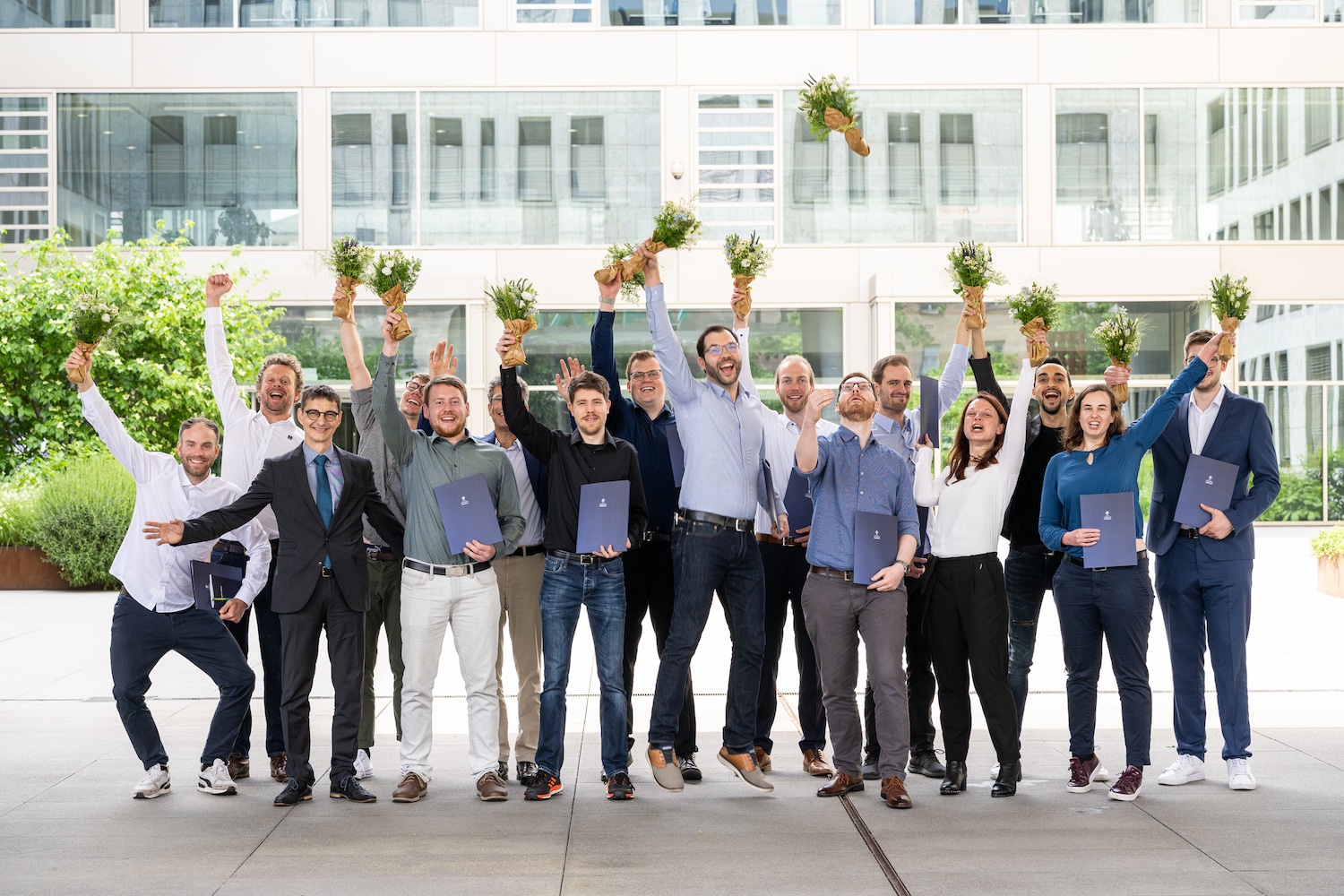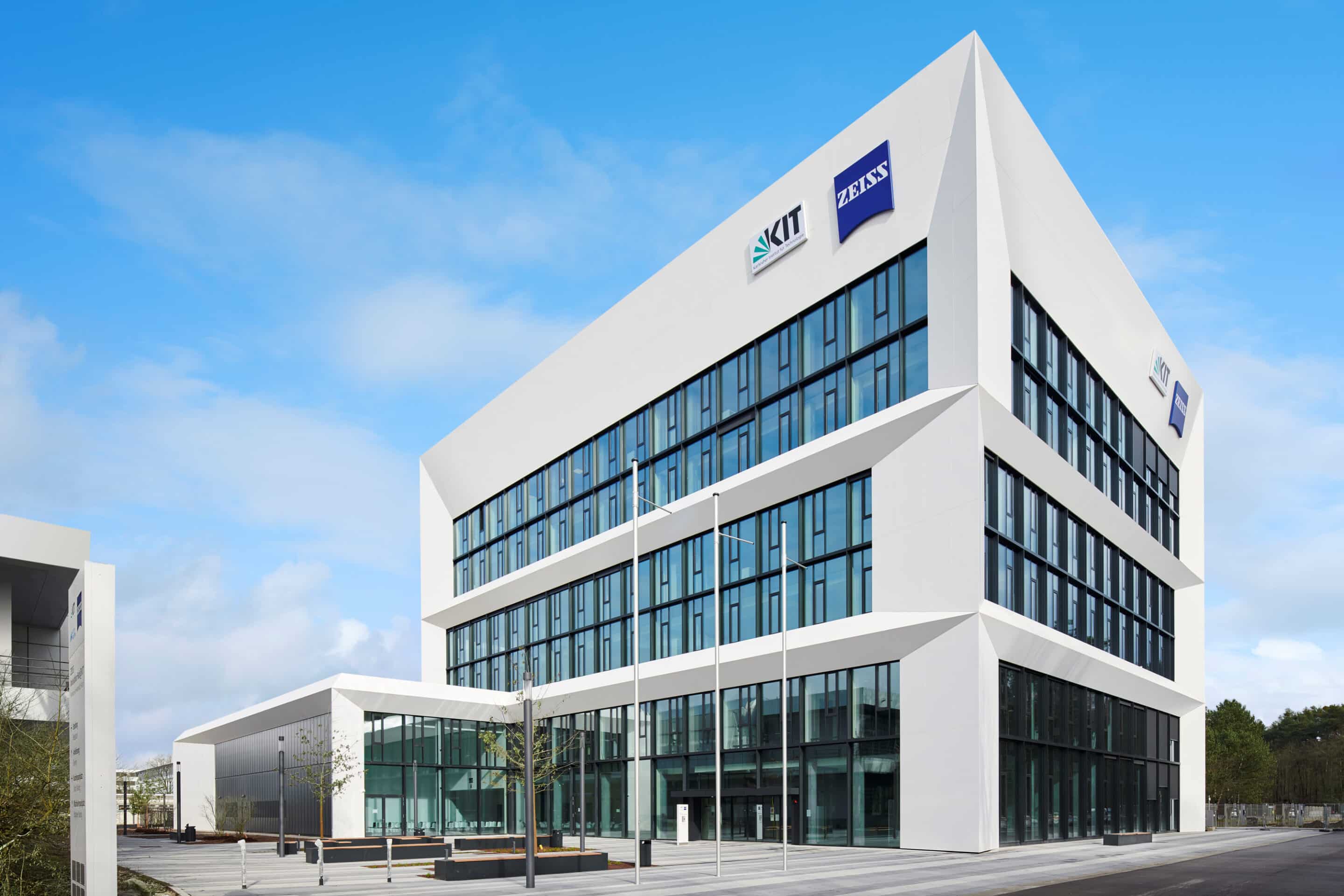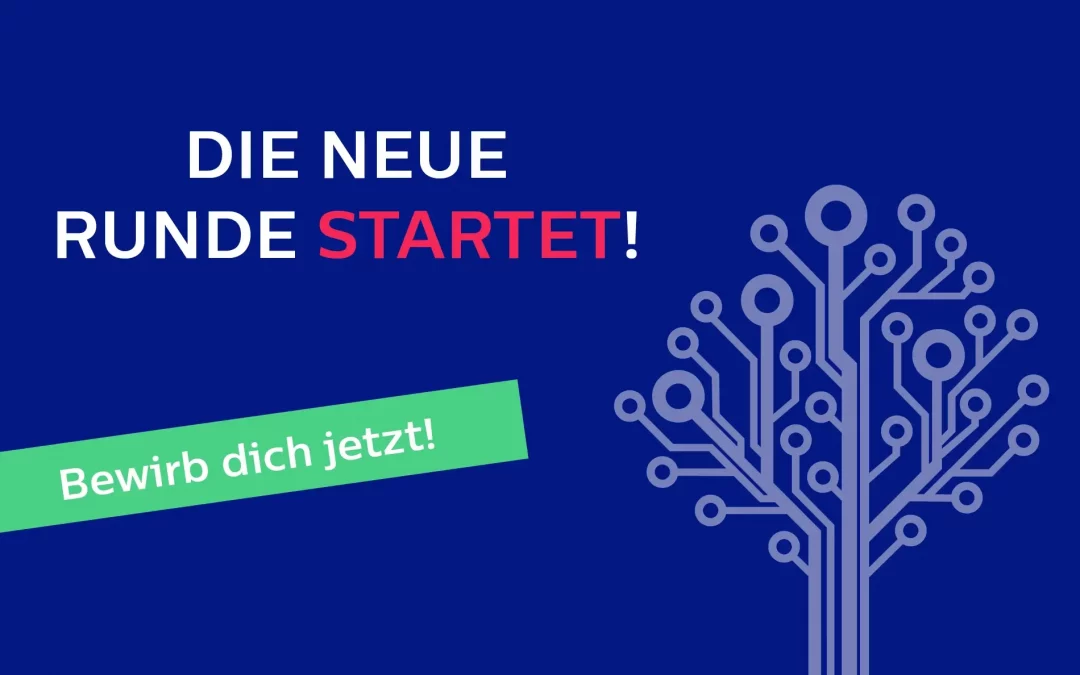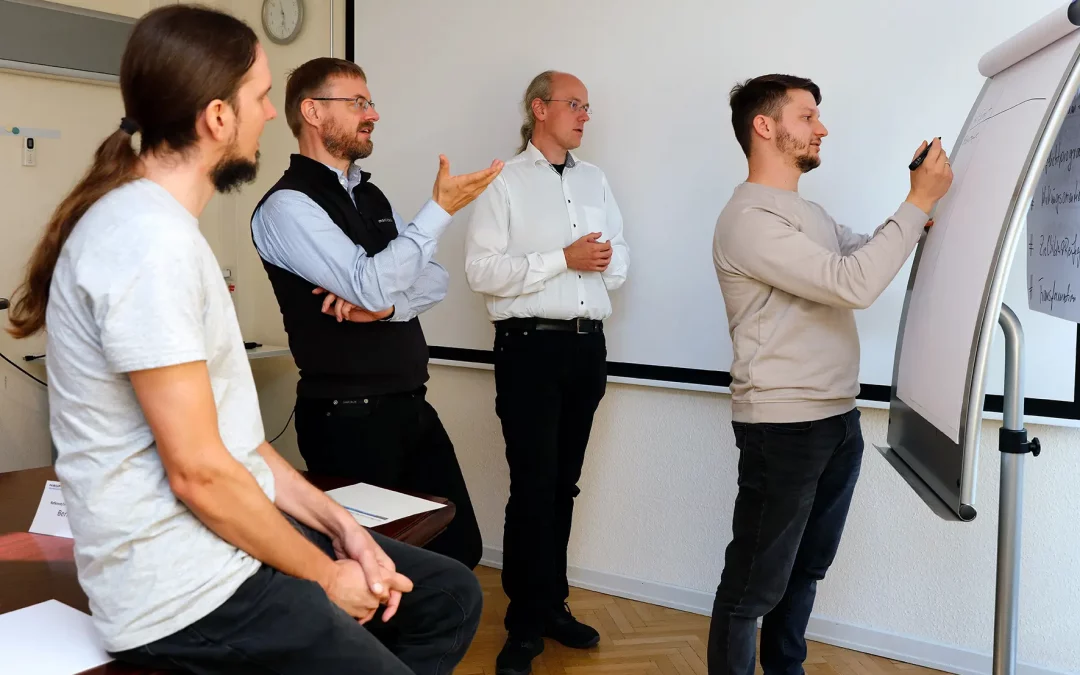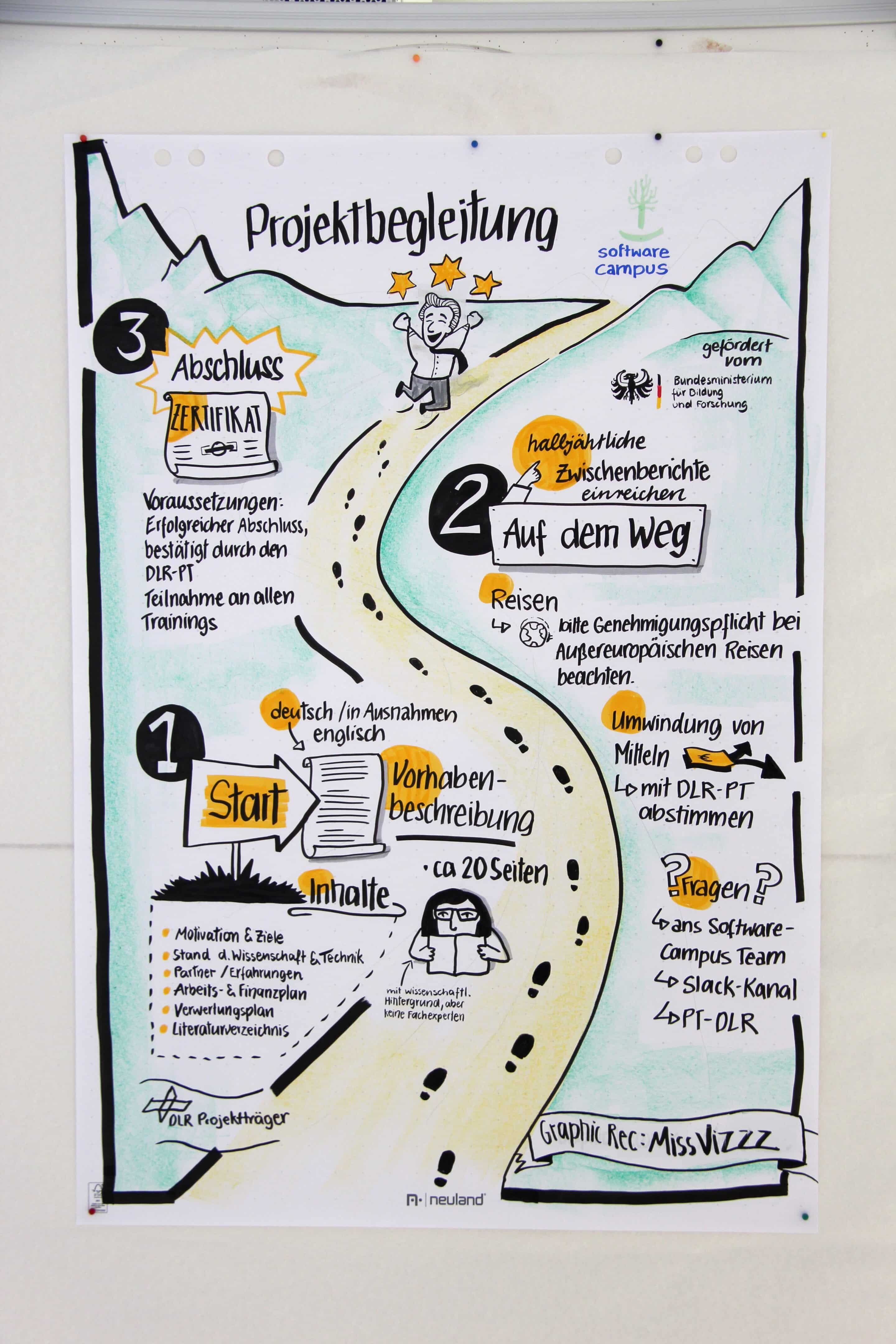With the training “Diversity – successfully leading diverse teams and promoting potentials”, the new Software Campus partner Volkswagen now extends the training program and encourages participants to self-critically reflect on their own patterns of thinking and behaviour. In addition, knowledge and tools are imparted to help the managers of tomorrow to live inclusion and diversity.
Learning to reflect oneself
“Diversity is being invited to the party, inclusion is being asked to dance,” says Vernā Myers, inclusion activist, lawyer and author. What exactly diversity means and how it differs from inclusion is the first item on the agenda of Volkswagen trainers Jacqueline Leppelt and Kerstin Grönlund. In a group work phase, the participants deal with situations in which they have observed or experienced non-inclusive behaviour themselves and work out alternative ways of acting. “The primary goal of the seminar is to encourage self-reflection and to deal with one’s own perception, values and behaviour,” says Jaqueline Leppelt. “The participants can critically question themselves and also openly and honestly bring non-inclusive behaviour and experiences into the discussions.”
How come people are unconsciously biased towards others? The participants identify such unconscious biases in their own key moments and outline nudges that are then supposed to trigger behavioural changes. “Blind spots” that influence one’s own perception and decision-making processes are also identified and located.
Perception of diversity in gender, generations and cultures
Moments when a statement, facial expression or just the tone of voice expresses an unintentional stereotyping or insult – microaggressions are the focus of another group discussion, as well as gender bias moments. “We want to develop awareness among participants that inclusive leaders approach diversity and inclusion wholeheartedly and also intervene courageously when others show non-inclusive behaviour” says Kerstin Grönlund. The common thread running through the seminar is the Deloitte University Press’ Six Signature Traits of Inclusive Leadership: Commitment, Cognitive Bias, Curiosity, Cultural Intelligence, Collaboration and Courage.
How trust and relationship building as well as communication works in different cultures is also highlighted. Participants learn about David Livermore’s Cultural Intelligence Model and ask themselves the questions: What motivates me when working with people from other cultures? What should I know in order to work well together? And what should I adapt in my behaviour in order to have as much success as possible?
In case studies from everyday work, the participants identify challenges and develop ideas for solutions in dealing with different generations and their corresponding demands and characteristics.
Are there in-groups and out-groups in a team? Is motivation low and only the same people talk in meetings? Finally, the participants discuss these familiar and recurring situations from everyday work on the topic of cooperation and psychological safety in heterogeneous teams and find ideas, solutions and nudges.
The training took place for the first time for Software Campus participants in February 2021, followed by a second date in August. “It was great fun to conduct this format with a new group of participants! Normally, we conduct the trainings with executives in companies. It was therefore particularly exciting to discuss the same topic in a completely different context – business vs. science. It is very interesting that situations in which people are confronted with diversity and inclusion initially look different in the university context, but lead to a similar discussion as with participants from business,” Jaqueline Leppelt summarises.

